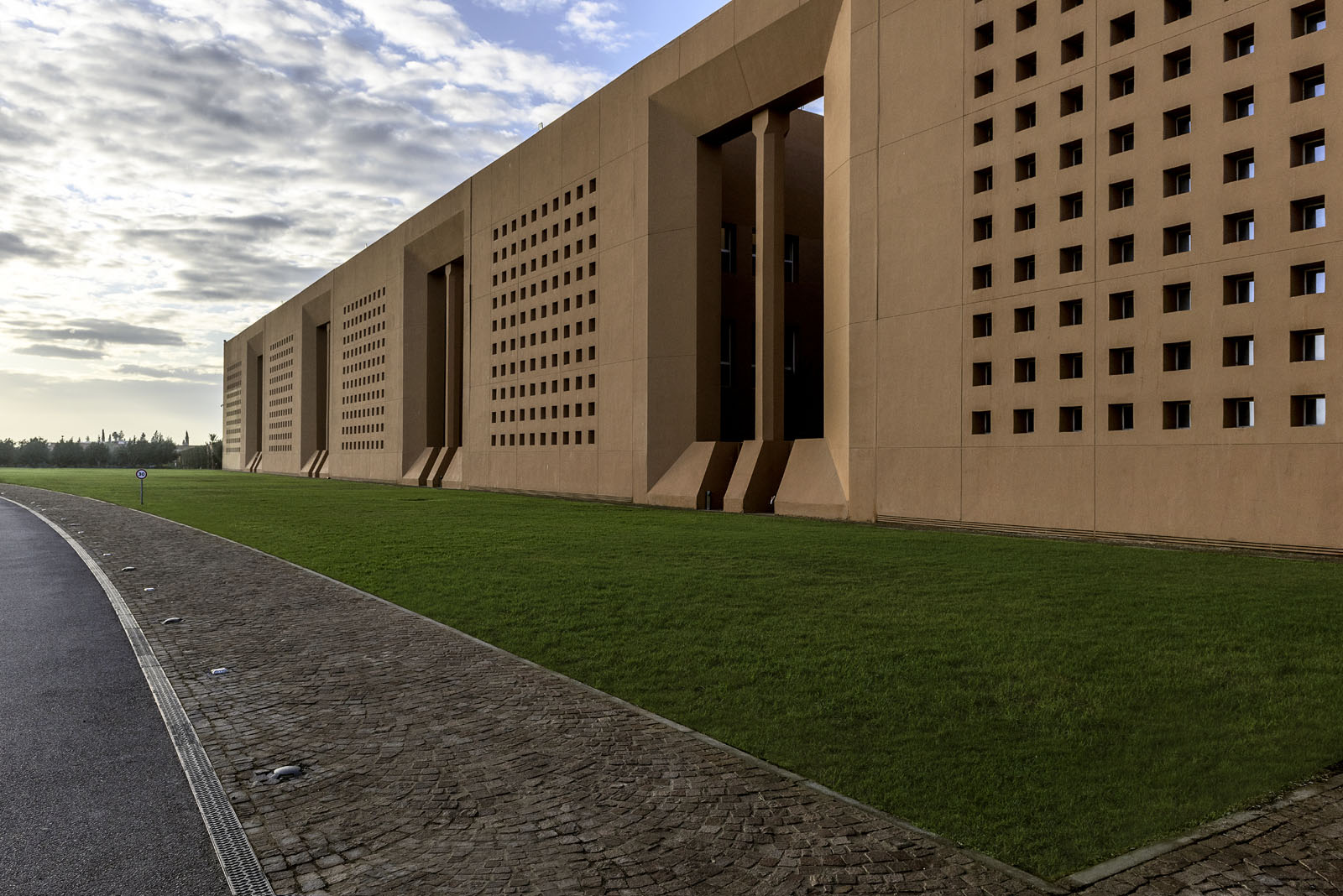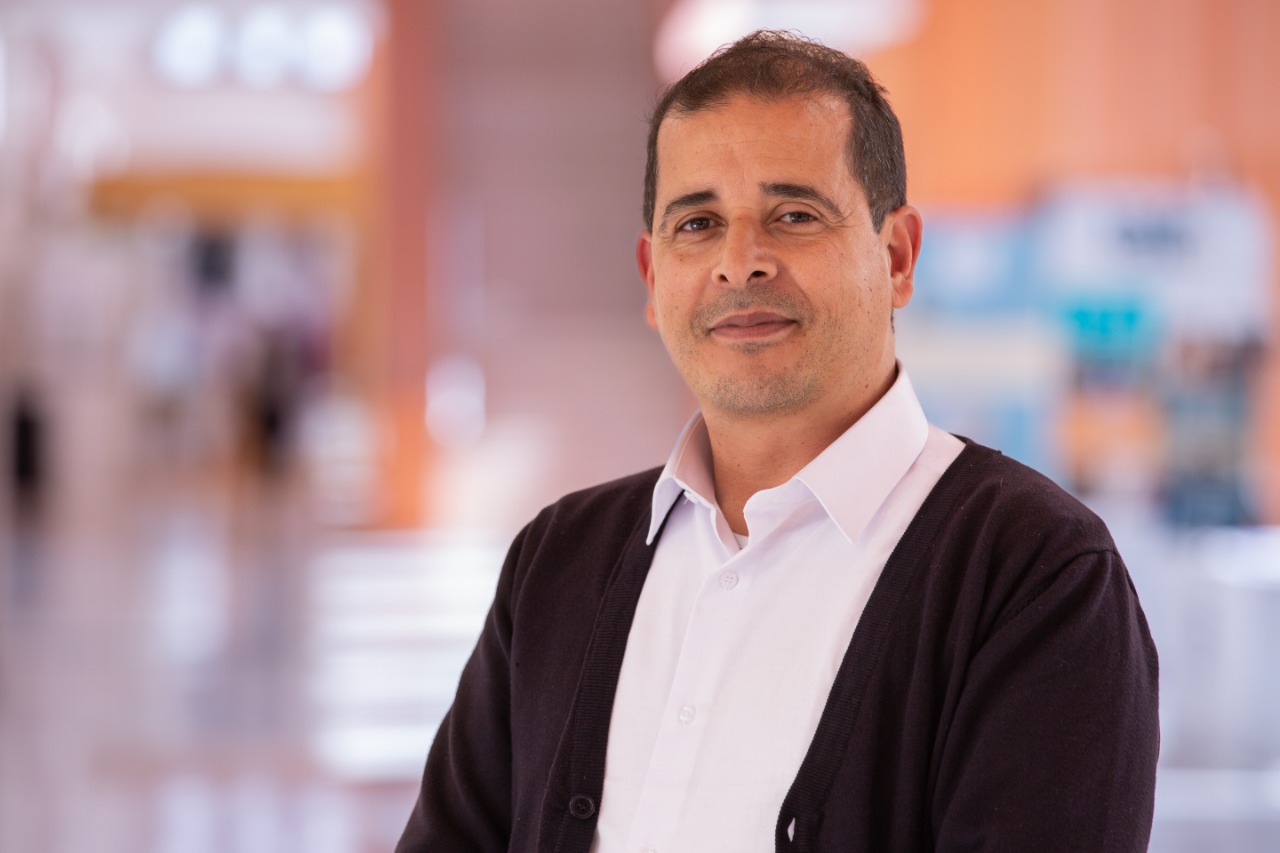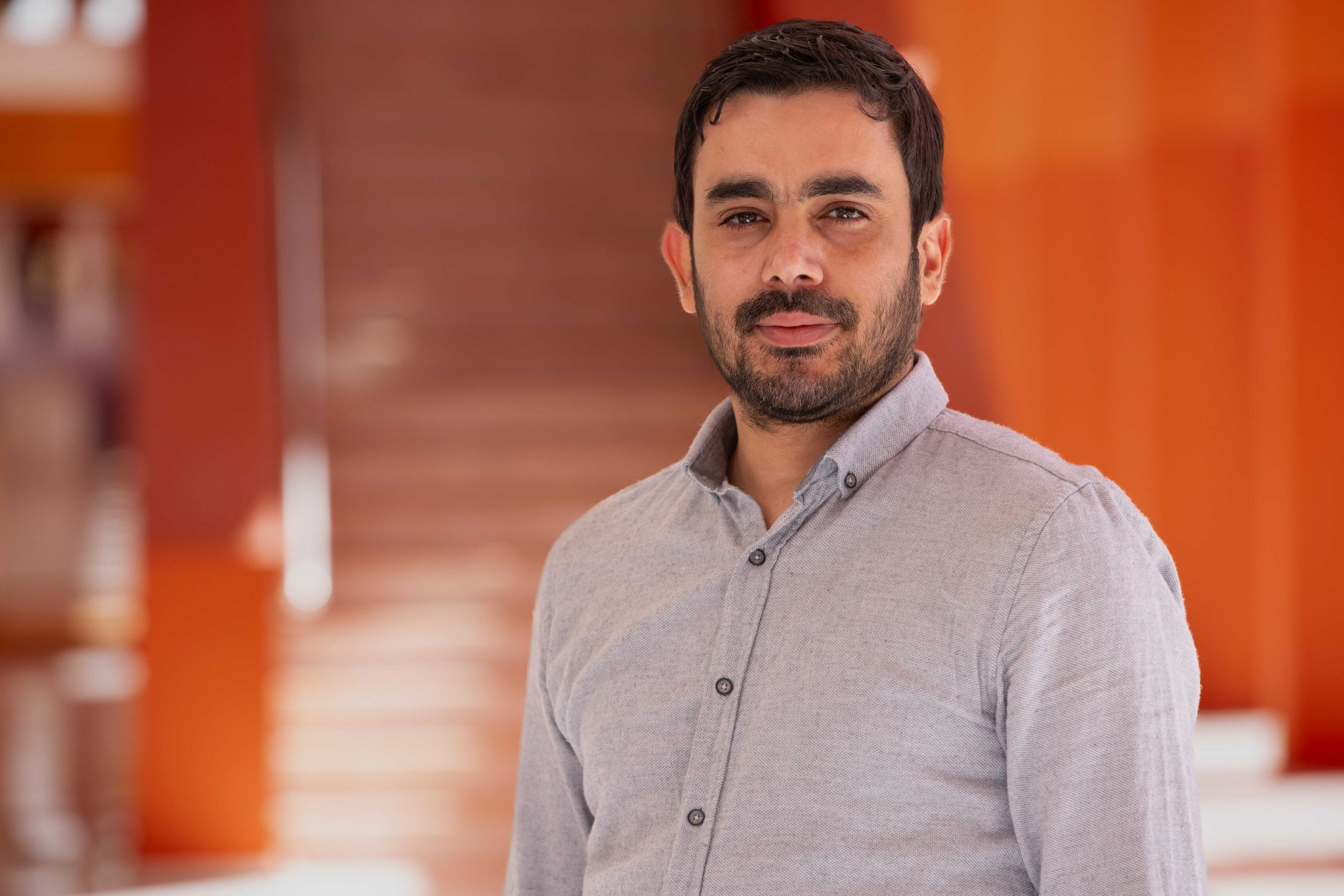Pr. BROUZIYNE Youssef
Research Professor at IWRI-International Water Research Institute
Dr.Youssef Brouziyne has an agronomic engineering degree from the IAV Hassan II in Morocco, a MSc. degree in Mediterranean Crops from the MAI of Bari in Italy, a MSc. degree in Marketing and Product Development from the IAE of Metz in France, and a PhD in Water and Environmental Sciences from the FST of Fez in Morocco; in addition to various professional qualifications and certifications such as: Project Management Certification from the CPD Certification Service in the UK and the Value-Based Design qualification by the French Association of Value Analysis.
For more than 10 years, Dr.Brouziyne worked on agribusiness projects development and sustainability stewardship in North and West Africa as well as in Southern Europe for top-class multinational companies in the agribusiness such as: Corteva Agriscience (DowDuPont), Bureau Veritas (Agrifood BU), and IPL Ltd UK-ASDA (WalMart family). He has also been a consultant in climate change’ related topics for USAID funded projects in Morocco.
In 2019, Dr.Brouziyne has joined the International Water Research Institute (IWRI), the water and climate program of the Mohammed VI Polytechnic University in Morocco, as researcher and assistant professor. His research and education efforts are focusing on the tradeoffs between sustainability, resilience, and performance in agriculture within the Climate-Smart Agriculture framework.
Dr.Brouziyne is managing and contributing to various internationally founded R&D projects on: Climate change impacts on crops and water systems, climate change mitigation options in agriculture, digital agriculture, and eco-hydrological ecosystems preservation. In 2021, Dr.Brouziyne received the ISHS Young Minds Award during the IV All Africa Horticultural Congress in Dakar from the International Society for Horticultural Science (ISHS) for his research on Climate-Smart Agriculture opportunities to empower the farming sector in Morocco and Africa.




